Pain, Culture and Identity; The Growing Tattoo Movement in Ghana
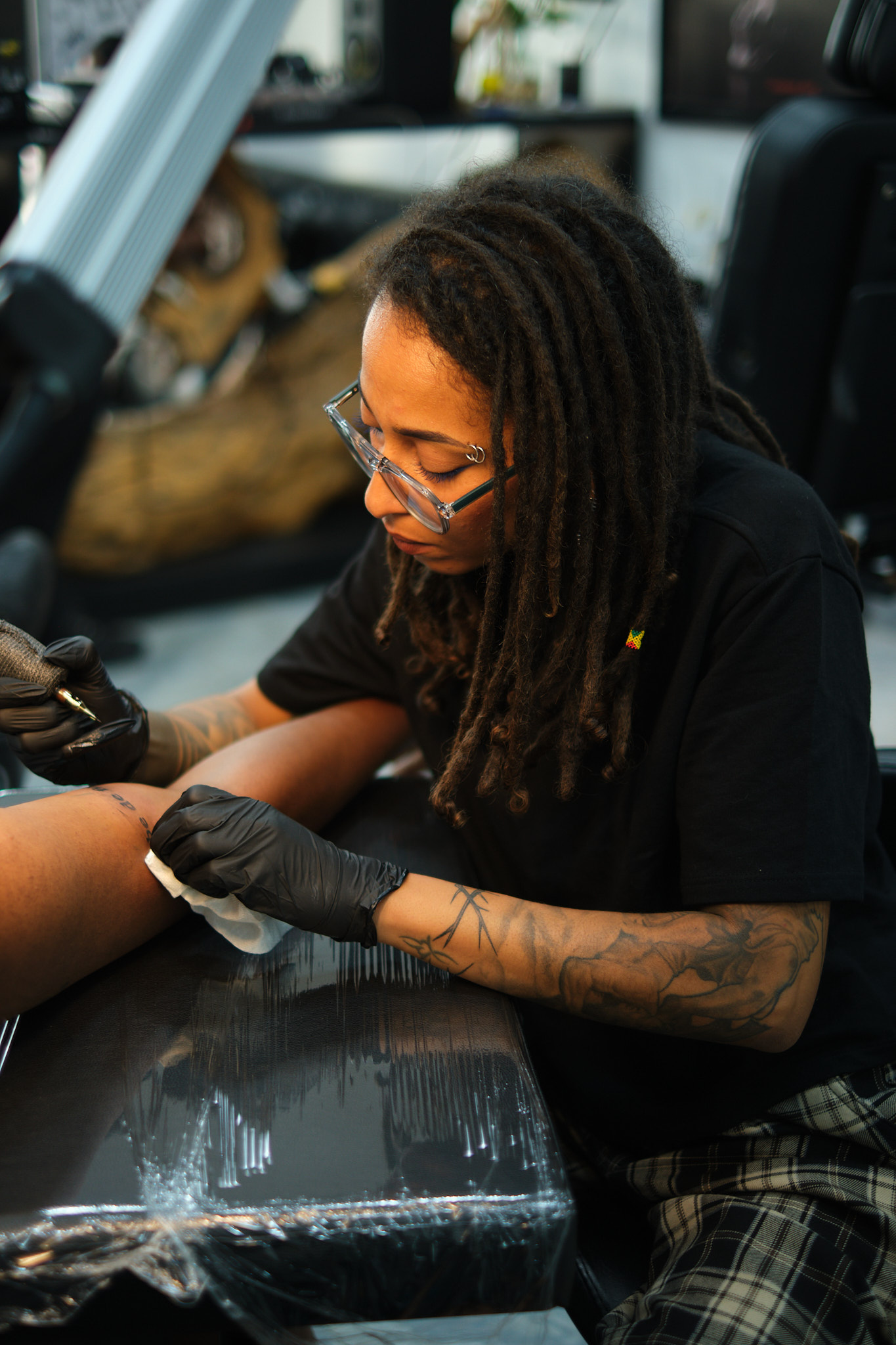
For years, tattoos in Ghana were whispered about and associated with rebellion, criminality or bad behavior. But today, that narrative is changing. A growing number of young Ghanaians are reclaiming tattoos as a form of self-expression, spirituality and cultural identity.
“When people see tattoos, they judge,” said Mounia, one of the few female tattoo artists in Accra. “But what they don’t realize is that the same people they admire, musicians, athletes, actors all have tattoos. Even your dad’s favorite footballer has ink.”
Both she and fellow artist Franki agree that tattoos have always existed in African culture. “Before modern tattoo machines, we had body markings and Adinkra symbols that carried deep meaning,” Franki explained. “Tattooing isn’t new to Africa. It’s just evolved.”
Today, those traditions meet modern creativity. Clients come in for everything from Bible verses and butterflies to Adinkra symbols and portraits. “Some tattoos are for healing, some are for memory, some are for beauty,” said Mounia. “But all of them are personal.”
Pain, they say, is part of the process but it’s rarely as bad as people fear. “It depends on where you place it,” Franki noted. “Places with more muscle or fat hurt less. And no! you don’t need alcohol before a tattoo,” he laughed.
Aftercare is just as important as the tattoo itself. “Clean it, moisturize it, protect it from sunlight and that’s how you heal right,” Mounia advised.
Cost also depends on size and design, with smaller tattoos starting at ₵300 and detailed works going much higher. “You’re not just paying for ink,” Franki emphasized. “You’re paying for art that stays with you for life.”
Beyond the needles and designs, Ghana’s tattoo culture is evolving into something deeper. A mix of identity, pride and healing. For some, tattoos are prayers written on skin; for others, they are reminders of survival.
In a society still learning to see tattoos as more than rebellion, artists like Franki and Mounia are leading a quiet revolution one design at a time. “At the end of the day,” Franki said, “tattoos aren’t about rebellion. They’re about remembering who you are.”
WATCH FULL INTERVIEW HERE:
Sign up for the 3Music Newsletter for breaking news, events, and unique stories.
MORE FROM
fashion & lifestyle
-
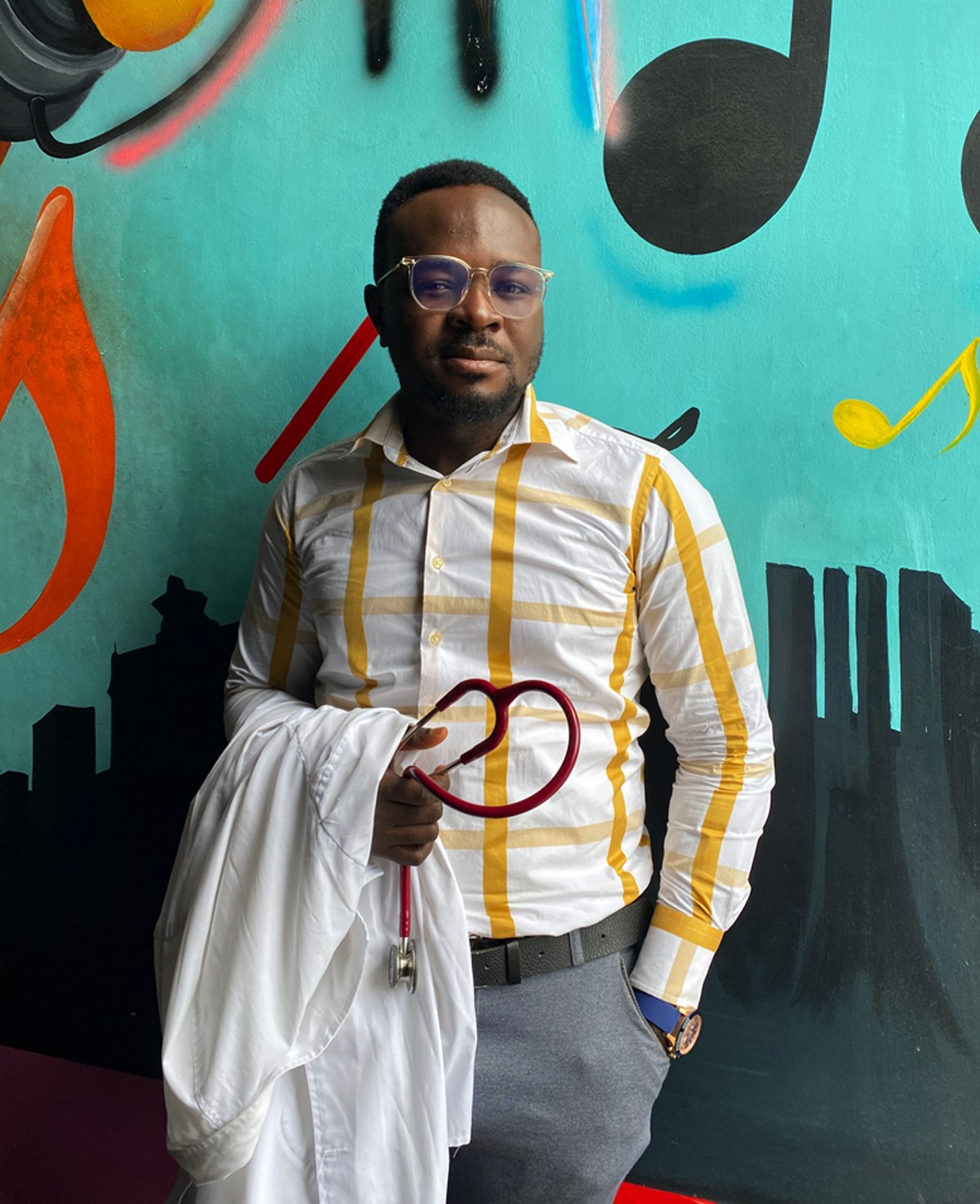
entertainment fashion & lifestyle culture
Dr Chris Aminarh Discusses The Importance Of Routine Health Screenings
By Christabel Newman
February 24th, 2026
-
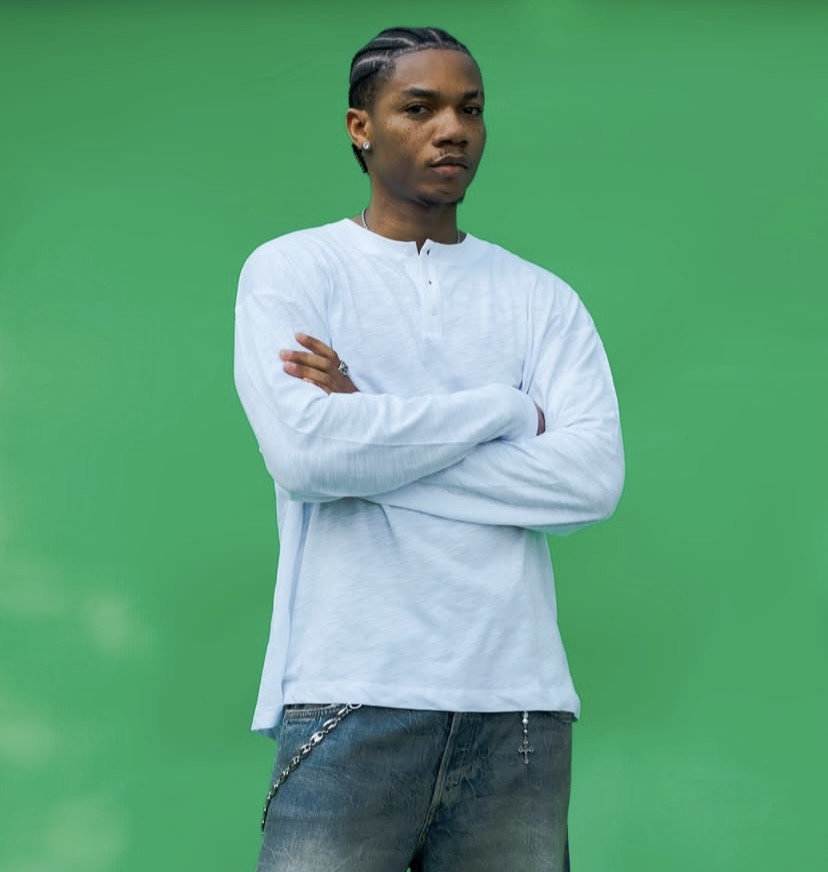
music entertainment culture
KiDi Announces BABYLON With Striking Visual Tease
By Christabel Newman
February 24th, 2026
-
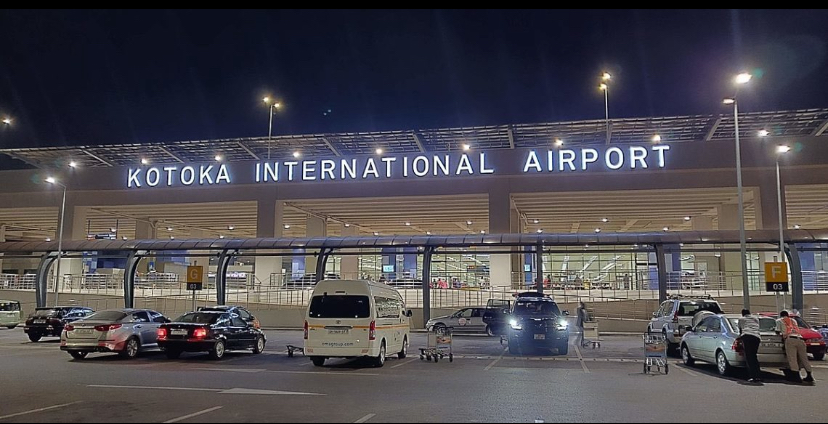
culture
Government Restores Kotoka International Airport To Its Original Name
By Christabel Newman
February 24th, 2026
-
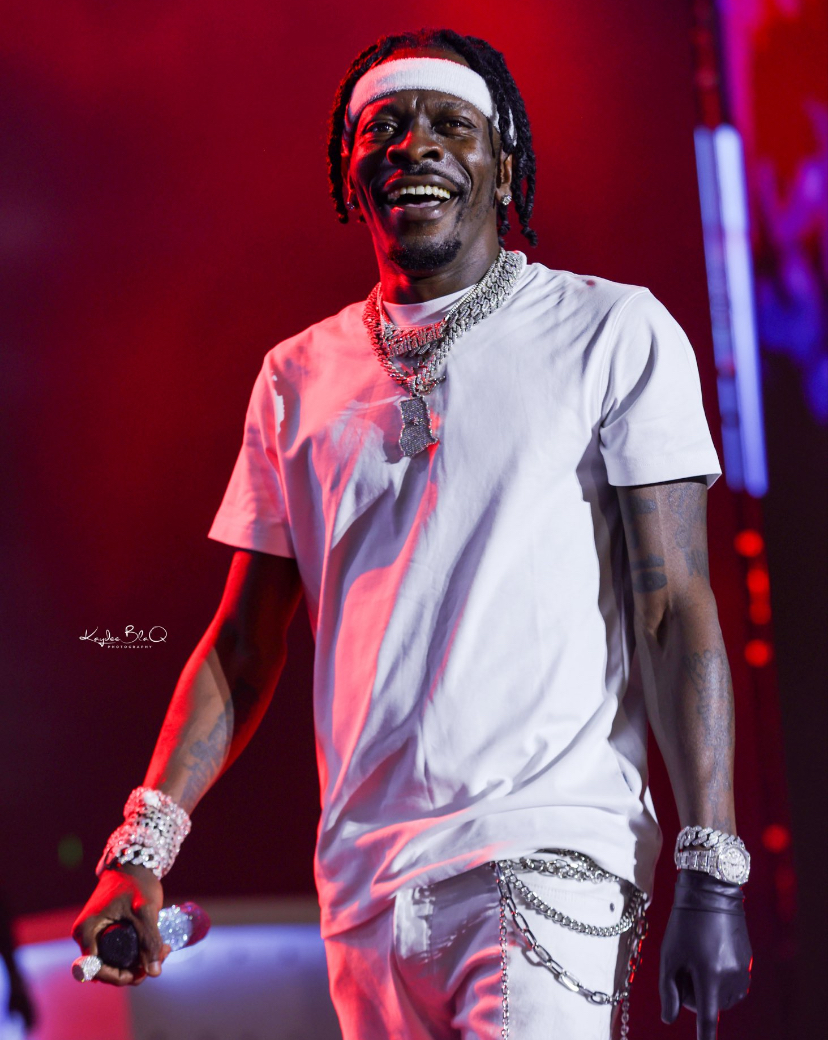
-
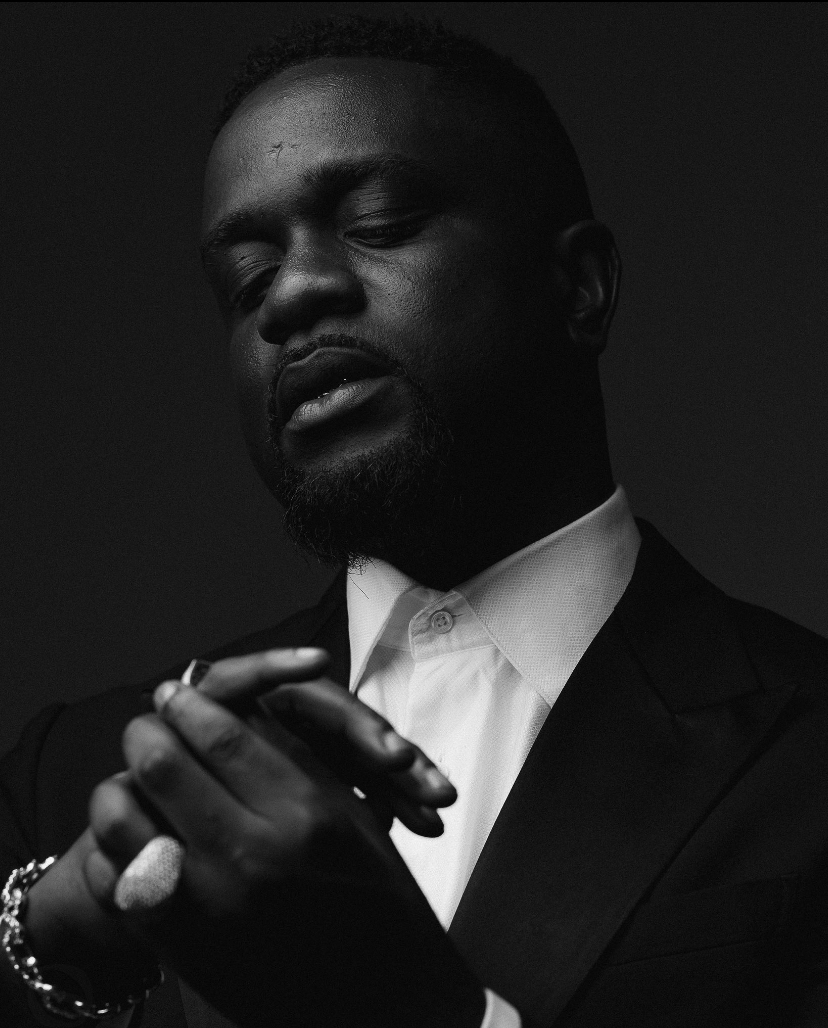
music entertainment culture
Sarkodie Teases Possible Birthday Album Drop
By Christabel Newman
February 24th, 2026
More From 3Music News
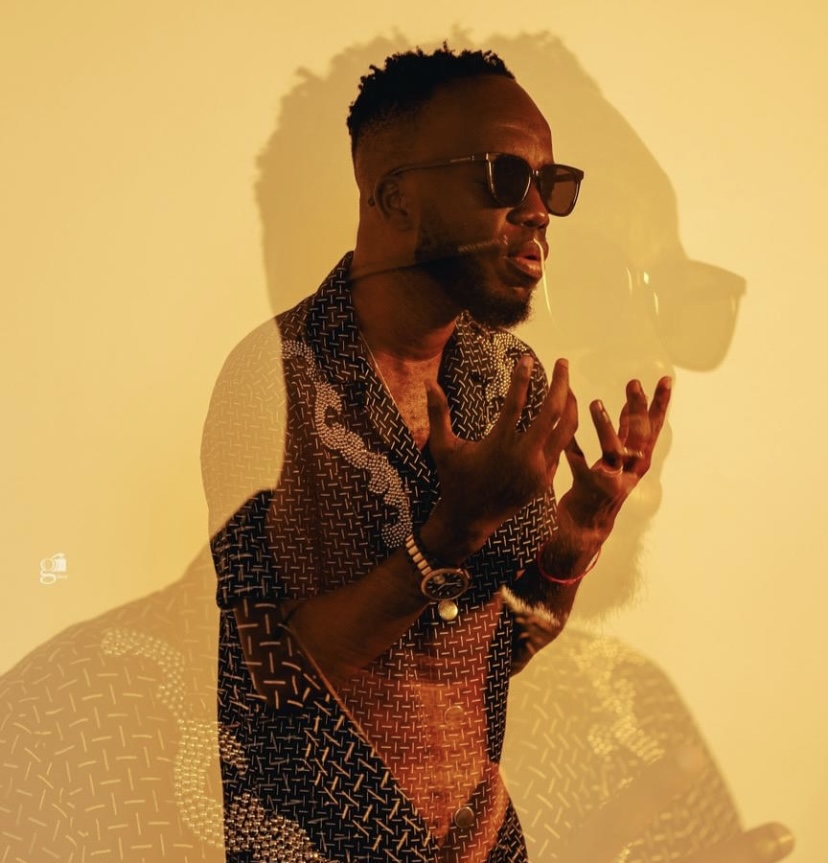
music | entertainment | fashion & lifestyle | culture | BY Christabel Newman | February 23rd, 2026
Akwaboah Celebrates Different SHADES OF LOVE
Love and live music filled the air in Accra yesterday as celebrated highlife singer and songwriter, Akwaboah hosted the 2026 edition of his annual SHADES OF LOVE concert...
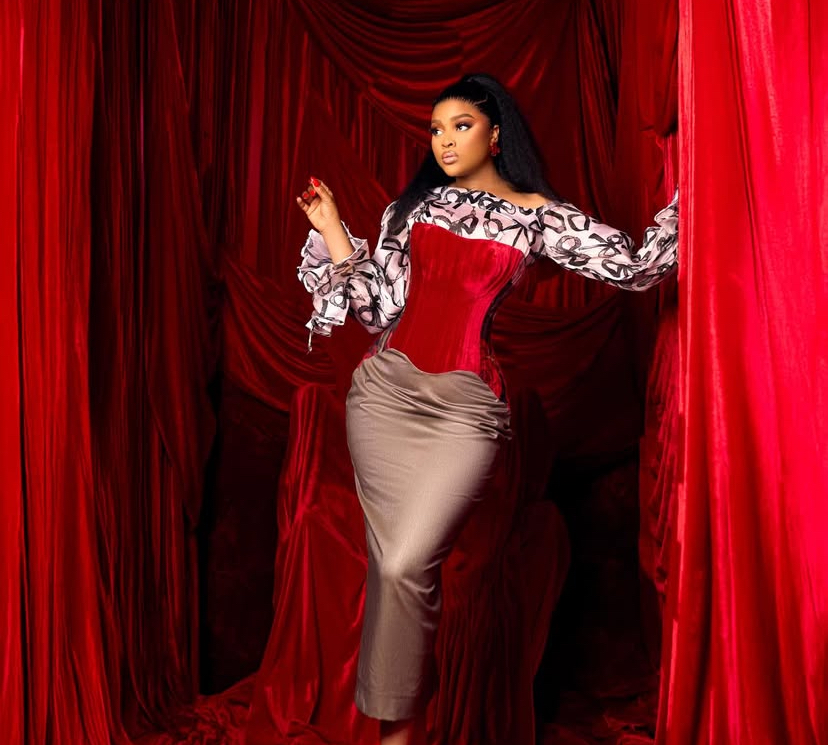
music | entertainment | fashion & lifestyle | BY Christabel Newman | February 23rd, 2026
Adina Thembi Announces Second Studio Album BECOMING
Ghanaian-South African vocalist, Adina, has officially revealed that her second studio album, BECOMING, is set for release in 2026 sparking excitement among her ever-growing fanbase...
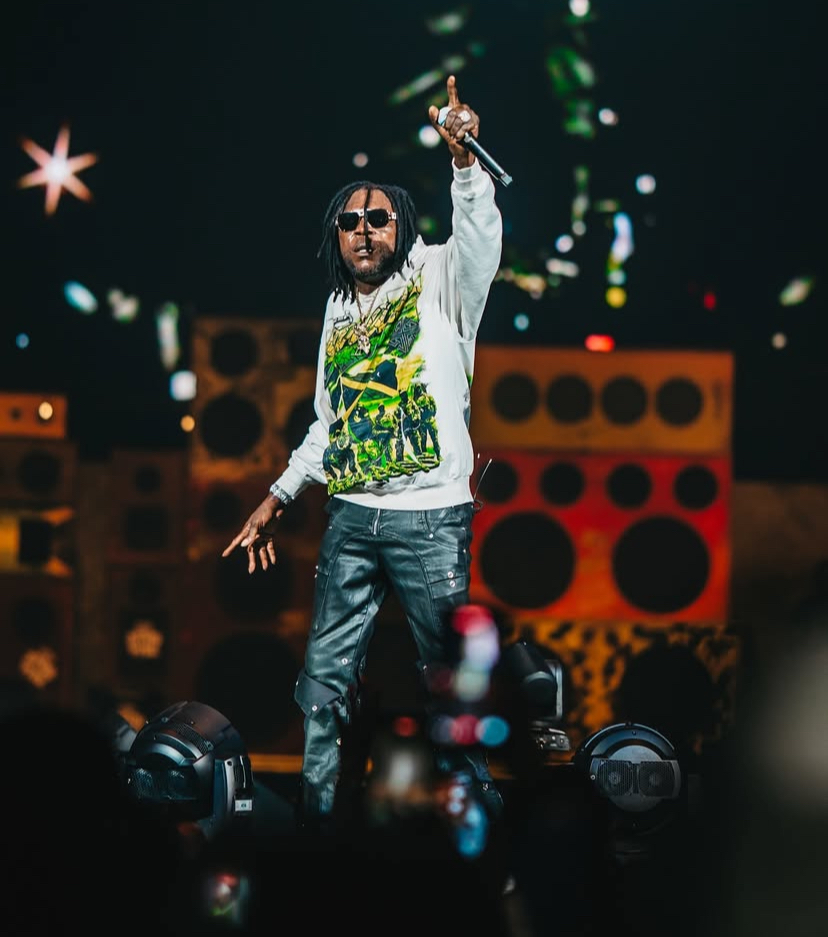
music | entertainment | culture | BY Christabel Newman | February 23rd, 2026
Vybz Kartel And Mavado Set To Reignite Iconic Rivalry In Malta
The two dancehall heavyweights will headline a three-day festival in Malta from September 10–13, 2026 in what is being billed as a historic reunion of the legendary Gaza vs. Gully rivalry…
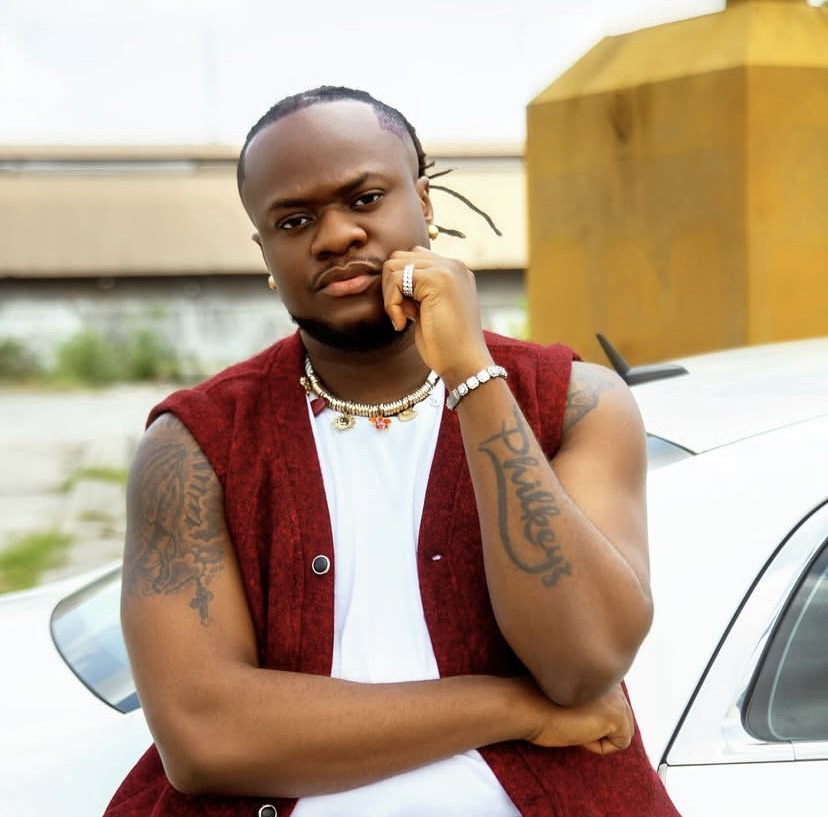
music | entertainment | BY Christabel Newman | February 23rd, 2026
Philkeyz Defends Human Creativity, Says A.I Can’t Replace Real Musicians
Philkeyz spoke passionately about the power of intentional artistry and long-term vision in music. Reflecting on his collaborations with Kizz Daniel, Philkeyz described the process as seamless…
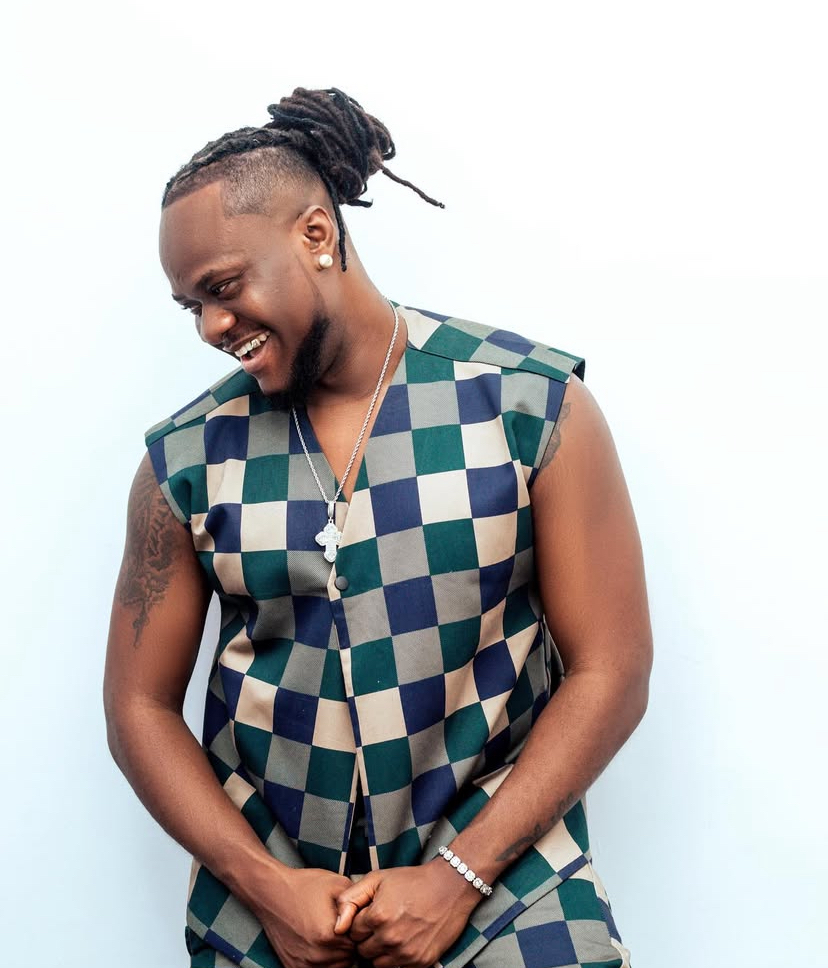
music | entertainment | BY Christabel Newman | February 23rd, 2026
“There Are Lots Of BeatMakers But Fewer Producers”- Philkeyz
“Sometimes the difference between one artiste and another is simply finance and the right people around them.”
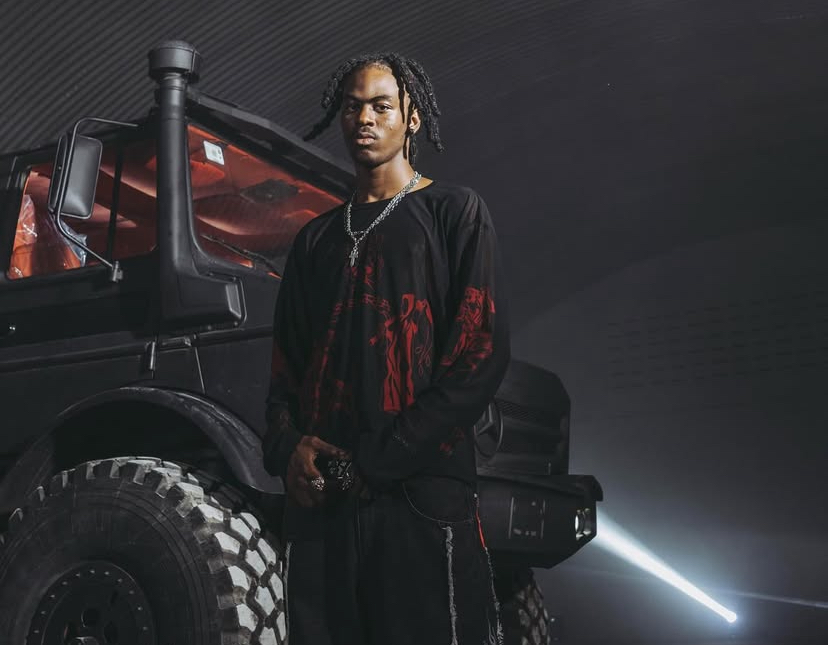
music | entertainment | culture | BY Christabel Newman | February 20th, 2026
AlorG Celebrates Brotherhood In New Visuals
Ghanaian artiste, AlorG, has unveiled the official music video for his latest single, MY BROTHERS, following the track’s earlier release this year...
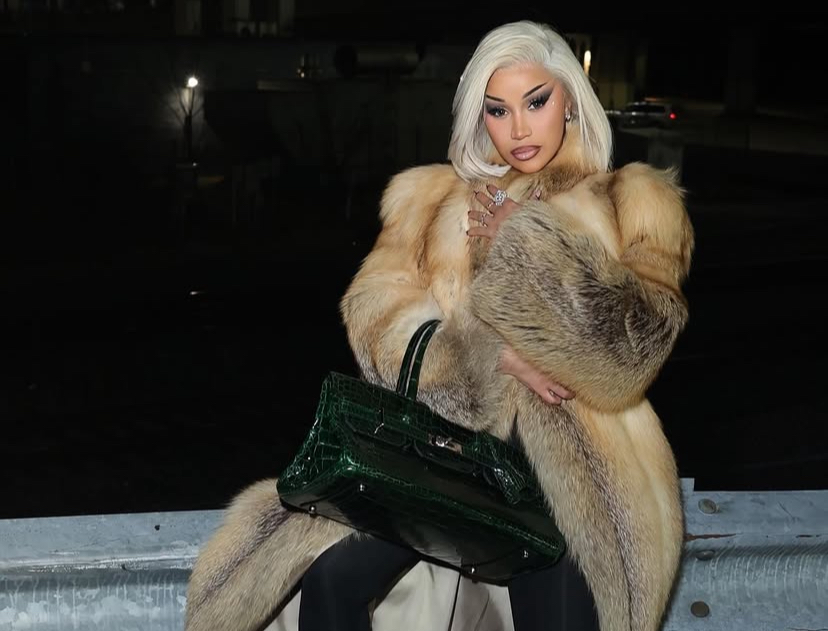
music | entertainment | fashion & lifestyle | culture | BY Christabel Newman | February 20th, 2026
Cardi B Surprises Los Angeles Crowd With Tyla Appearance
American rap superstar, Cardi B, delivered a major surprise during her sold-out LITTLE MISS DRAMA TOUR stop at the Kia Forum in Los Angeles, bringing out South African hitmaker Tyla as a special guest...
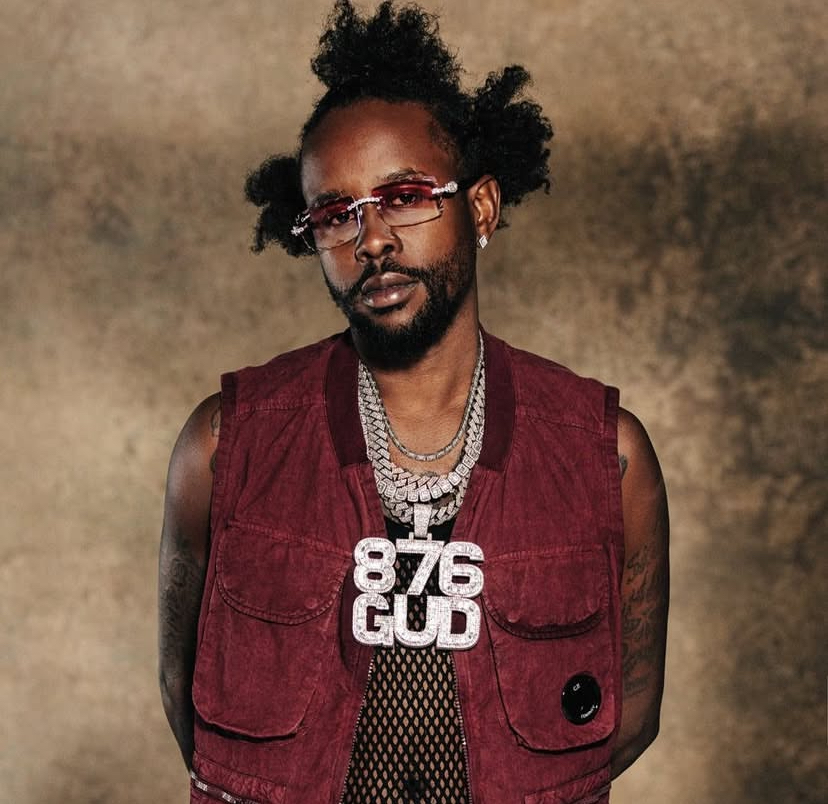
music | entertainment | culture | BY Christabel Newman | February 20th, 2026
Popcaan Enstooled As Chief In Asebu Traditional Area
Jamaican dancehall heavyweight, Popcaan, has been enstooled as a traditional chief in Ghana, strengthening the cultural bridge between the Caribbean and the African continent...
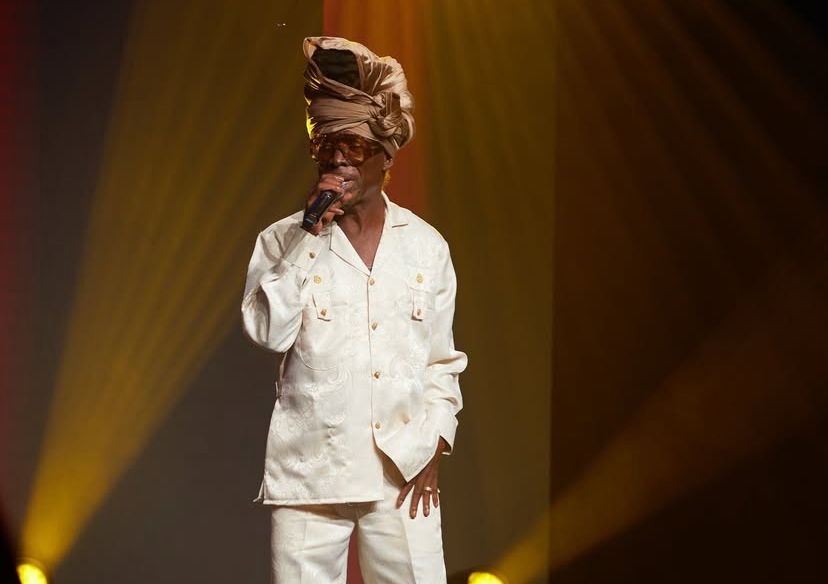
music | entertainment | culture | BY Christabel Newman | February 20th, 2026
Kojo Antwi Shares The Story Behind MR. MUSIC MAN
Ghanaian music legend Kojo Antwi, widely known as Mr Music Man, has officially unveiled his long-awaited memoir, MR. MUSIC MAN: THE JOURNEY…
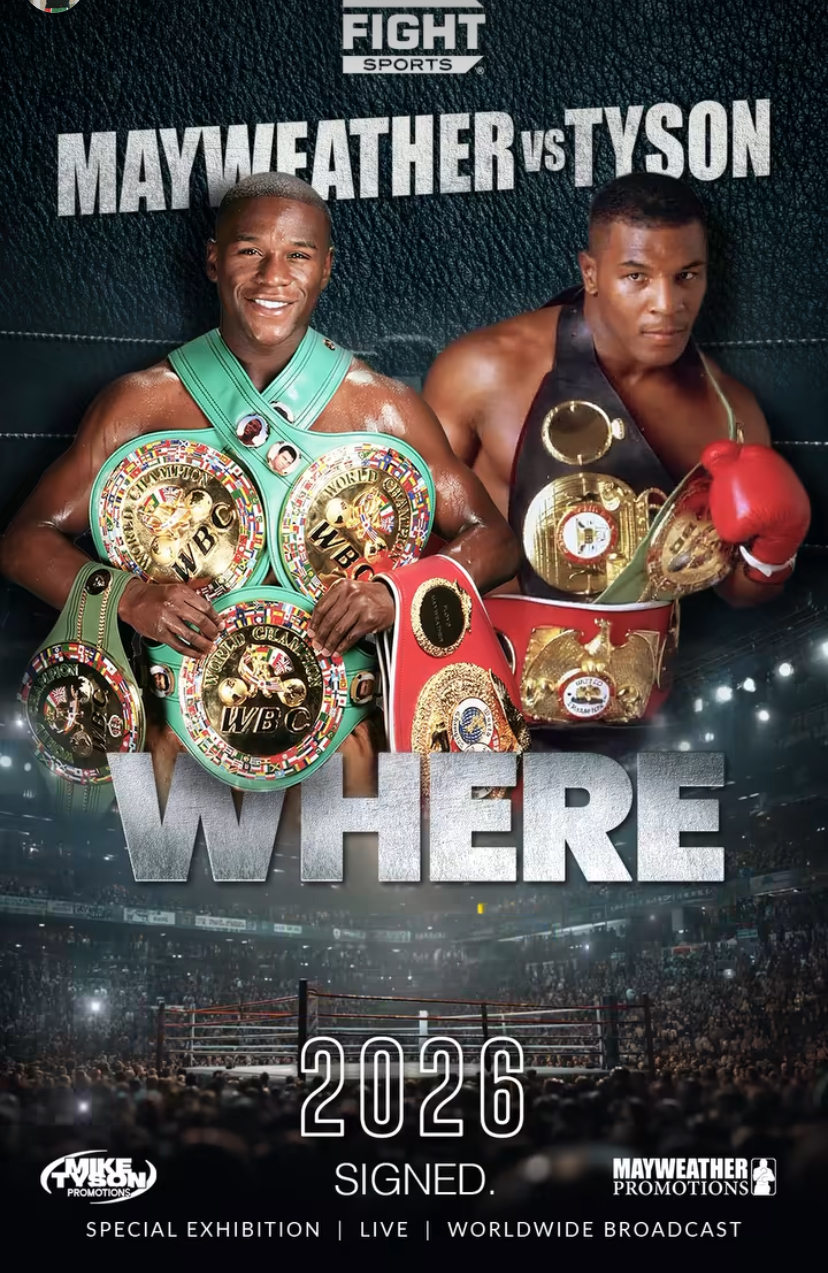
entertainment | sports | BY Christabel Newman | February 20th, 2026
Mayweather & Tyson To Clash In Congo Exhibition Showdown
Boxing legends, Mike Tyson and Floyd Mayweather Jr. are reportedly set to square off in a blockbuster exhibition bout on April 25, 2026, in the Democratic Republic of the Congo.
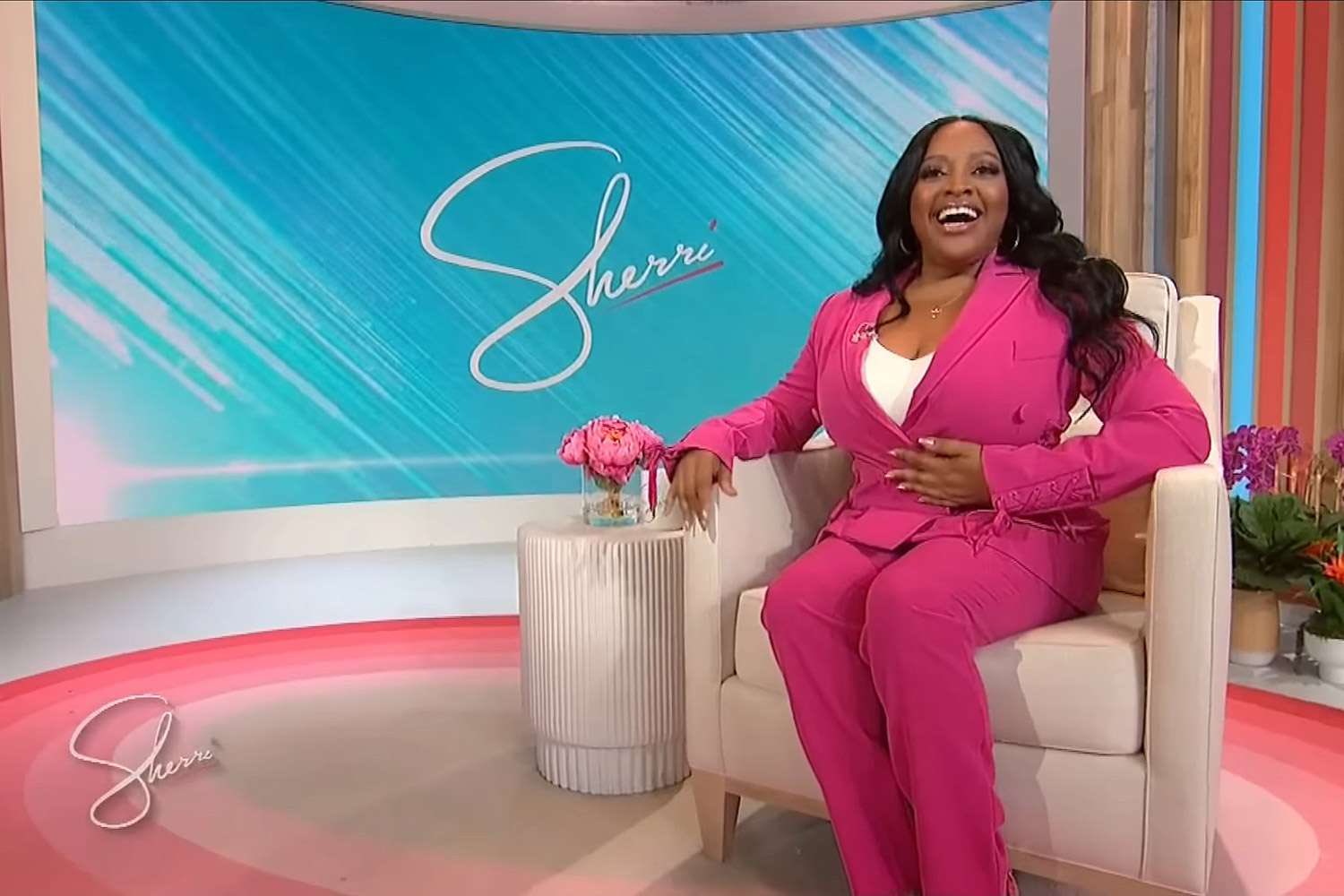
entertainment | fashion & lifestyle | culture | BY Walter Sena | February 20th, 2026
Tearful Sherri Shepherd Rises to Tyra Banks’ Defense After Netflix AMERICA'S NEXT TOP MODEL Documentary Sparks Backlash
In a heartfelt moment on her daytime talk show, Sherri, Emmy‑winning host Sherri Shepherd offered an emotional defense of supermodel and creator Tyra Banks amid the intense backlash triggered by Netflix’s controversial documentary Reality Check: INSIDE AMERICA'S NEXT TOP MODEL. 
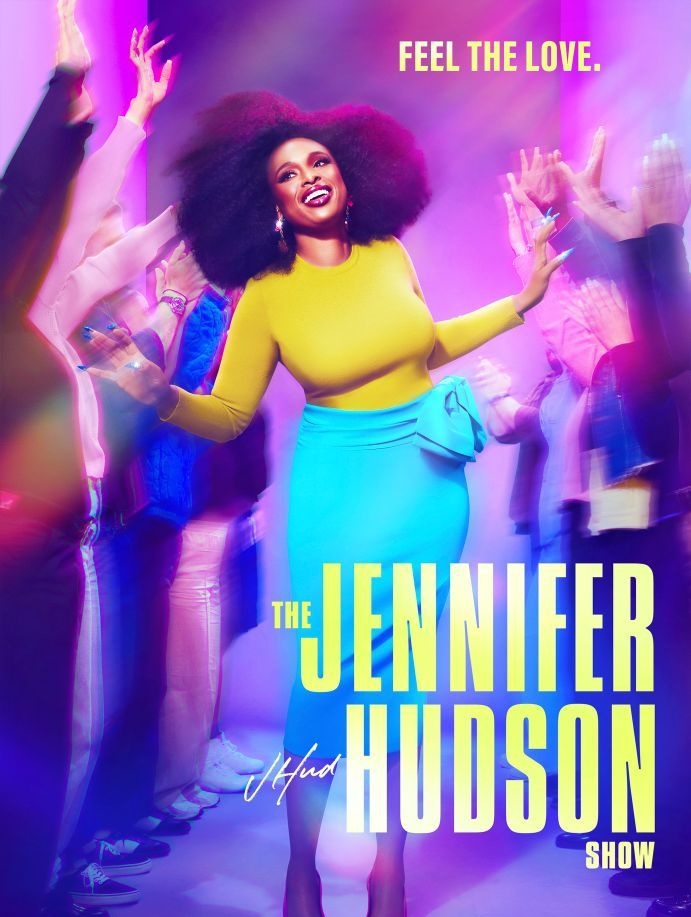
entertainment | fashion & lifestyle | culture | BY Walter Sena | February 20th, 2026
The Jennifer Hudson Show Renews for Fifth Season Amid Daytime TV Shake‑Up
In a major vote of confidence for the daytime talk show landscape, Fox‑owned television stations have picked up The Jennifer Hudson Show for a fifth season in 2026‑27, continuing a partnership that’s been in place since the series debuted in fall 2022. 
Comments